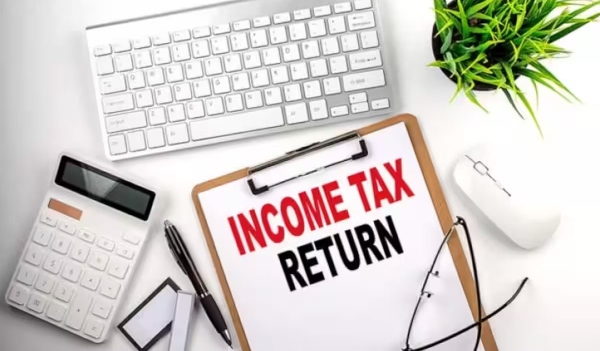Discipline is what we are taught from day one when it comes to making good use of our credit cards. Credit cards are our financial friends, and we may use them as per our situations and circumstances. For some people credit cards are the only financial support they are left with when an emergency strikes. It is not always possible to be disciplined in a financial crisis.
Here are some credit card disciplines you may ignore in an emergency.
Paying More Than The Minimum Amount Due
Credit card companies give you the option to pay the minimum amount due or an amount greater than that on or before the due date. Not paying an amount equal to or greater than the minimum amount due on or before the due date can result in a penalty charge by the card company. The minimum amount due consists of interest on the outstanding amount, and a little amount towards the principal portion. Often the minimum amount due is 5% of the total outstanding bill, but this may vary from company to company. So, if you make it a habit of paying only the minimum amount due every month, it will take you a very long time to clear the credit card debt.
However, paying just the minimum amount due during an emergency period can help you focus on such things which are much higher on your priority list. In a normal situation, your priority could be to fully pay the credit card bill; however in an emergency the priority may shift to things like paying for groceries, medicines, etc. Paying the only minimum amount due on your card can allow you a temporary relief and help you avoid penalty charges. Also, banks will not classify your payment as a default. You may aggressively repay the credit card outstanding amount once you come out of the emergency and after regaining financial comfort.
Not Exceeding 30% Credit Utilisation Ratio Level
It is usually recommended that a credit card user should keep the credit utilization ratio (CUR) under 30% for a better credit score. It may result in a negative credit score if the card user often exhausts the card limit resulting in a high CUR. It is important to note here that exceeding the credit utilization ratio once in a while doesn’t impact the credit score immediately. So, if you are in an emergency and you don’t have any other option to pay for essential expenses such as groceries, house rent, etc., then you may exceed the 30% CUR. Once your financial situation gets better, you may reduce the CUR, and gradually your credit score will also improve. If you feel that your liquidity situation may not improve soon, you may look for expanding your credit options. You may request your existing credit card company to increase the spending limit, or you may apply for new credit cards. Increasing credit options and distributing your spending across different credit instruments can help you bring down the CUR below the 30% level.
Not Withdrawing Cash From Your Credit Cards
Besides swiping credit card at shopping malls or buying stuff online, you can also use your credit card to withdraw cash. It gives you instant access to cash when you are running sort of funds. This is like your contingency fund to meet a serious emergency like to pay for the hospital bill or to purchase medicines.
Ideally, it is advised to use this option only when you really need the money but in emergency situations, we can use this option and withdraw cash as per the credit card limit. After coming out of your emergency, you can plan ways to quickly repay the credit card debt to avoid hefty interest payments. This is because interest on cash withdrawals applies immediately, without the normal interest-free period for other kinds of transactions on the credit card.
Not Converting The Reward Points To Cash
Credit card companies offer lucrative options to redeem the reward points when you use them for options such as to book travel tickets, hotel rooms, etc. However, if you redeem the reward points to convert them into cash, you may not get the best value. So, usually, it’s not a good idea to convert the reward points to cash. However, in financial stress, you can’t think of going on a vacation. So here, you may ignore the normal guidelines and convert points to cash if it helps you.
Not Stressing Your Credit Score
Paying your credit card bill late, exhausting the credit limit, applying for too many credit cards, etc., can stress on your credit score. Credit score is very important, but it should not stop you from accessing credit when you need it the most. So, you must prioritise paying the medical bill etc. over maintaining a high credit score when you are into a deep financial crisis. You can rebuild the credit score in future when you regain your financial strength.
A rule of thumb is that you must be very careful before knowingly breaking these credit card disciplines. Try not to go overboard and reinstate the credit card disciplines as soon as things get better.
Source:-financialexpress




